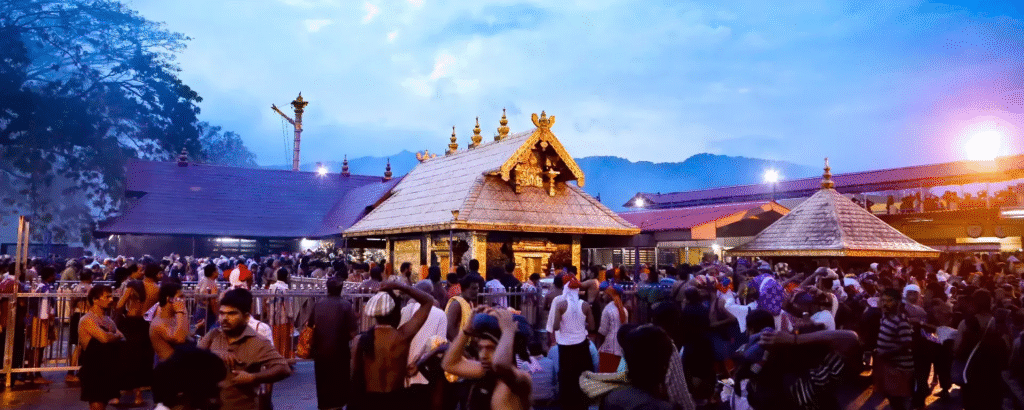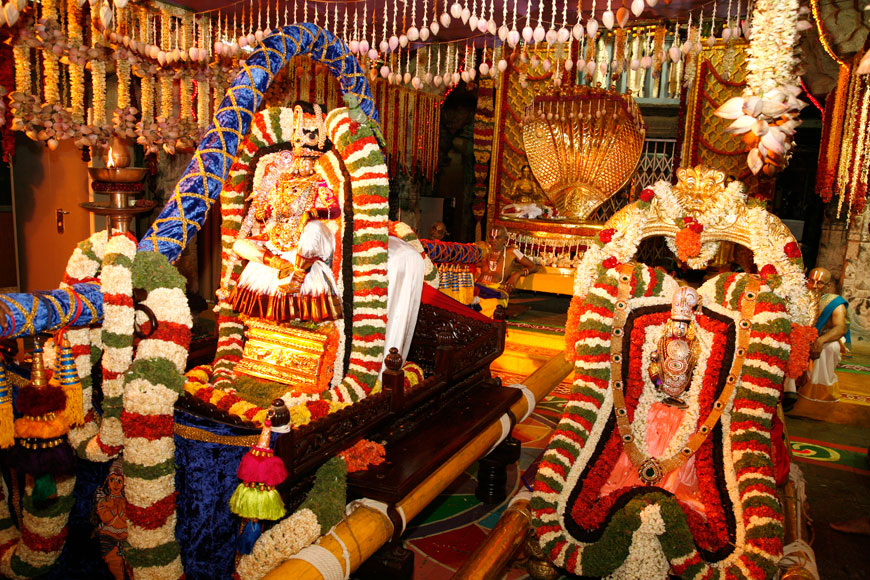Saga of mismanagement, calling for Central intervention
Space for the Central government to get into temple management

- The enormous scale of embezzlement results in widespread black money, gold hoarding, inflated billing, and other scandals. In some states, particularly Kerala, Tamil Nadu, and Andhra Pradesh, atheist politicians oversee temples. This contradiction goes against the principles of a religious denomination.
- Article 25(2)(a) of the Indian Constitution allows states to control temples, regulate economic and secular activities associated with religious practices, and manage temple funds and property.
- While temples are religious institutions, temple administration and fund management are secular activities, as the Supreme Court differentiated them. Interestingly, wealth and properties (excluding agricultural and revenue rights) are central government subjects.
- The Central Government also has the power to intervene in matters of the concurrent list when a conflict arises, and ultimately, the Parliament Act prevails. In the Concurrent List, the Central Government holds constitutional superiority over the states.
- It is high time to amend some provisions of the concurrent list that pertain to the State control over temples, which are different from commercial organisations only in terms of calling them “non-profit organisations.
- With the current government holding political influence over more than half the States, a key obstacle to the amendment could be addressed. A combined house, with allies to support, may bring a two-thirds majority to pass the amendment.
- Temples are run like a wealthy commercial organisation in terms of transactions and billings. The exploitation of deities in their silence and stashing away wealth from an institution that enjoys no-tax benefit is not a state subject, and it involves a large-scale financial scam and black money generation.
- The Seventh Schedule of the Constitution does not address issues of black money generation and cash hoarding, as seen in the Tirupati Parakamani cash theft that generated at least ₹100 crore black money. Every temple loot generates black money.
- The Central Government should also amend the CAG (Duties, Powers and Conditions of Service) Act, 1971, to expand its responsibilities and authorities to include public institutions that are solely funded by the public. The key difference between public funding of temples and government funding in public institutions is that temple funding is voluntary public funding, while government funding comes from mandatory contributions of taxpayers – both are effectively public funding.

Gold becomes copper, electroplating evaporates gold, devotees’ offerings go to real estate, and swindlers always have a field day. An appalling saga of temple mismanagement creates a terrible financial crime, opens a new version of money laundering and betrayal of the deities. It must end with the Union government’s interference. There are enough ways for the interference.
Deities are silent, but that shouldn’t justify embezzlement of temple wealth, stealing from hundis, underbilling of offerings, overbilling for purchases, and ordering substandard pooja materials. The daylight burglary of temple wealth by the management and workers is a grave financial crime, contributing to black money generation and even a money laundering exercise. It is high time to set temples free from state-appointed trustees and administrators, who are dishonest and no-god-fearing. Let there be a regulator to supervise temple management, and let the government amend the CAG (Duties, Powers and Conditions of Service) Act to cover temples as publicly funded institutions.

